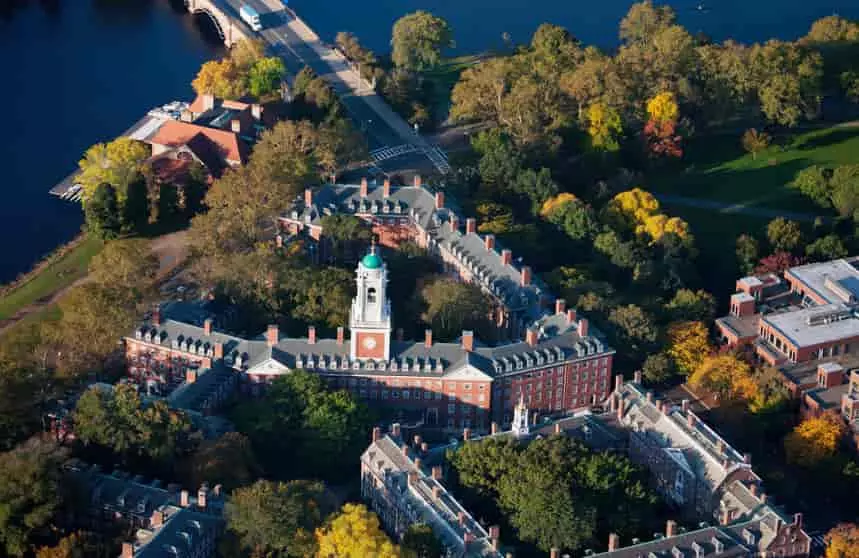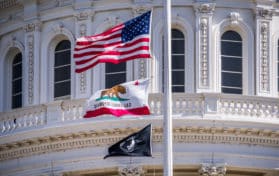
For a number of years, Asian Americans have possessed mixed feelings where affirmative action is concerned. There are those who feel that affirmative action has its place on college campuses, but there is another group that feels Asian Americans are being discriminated against when affirmative action is considered in college admissions.
Two cases have made their way through various courtrooms, and now the Supreme Court has agreed to hear arguments regarding cases against Harvard and UNC. Petitioners claim that the colleges use “race as a factor in admissions,” which plaintiffs, including many Asian Americans, say is discriminatory.
The cases are among two that Students for Fair Admissions have brought regarding the use of affirmative action on college campuses. Students for Fair Admissions is a nonprofit group that is headed by Edward Blum, a legal strategist. Most of the 20,000 members of Students for Fair Admissions are Asian Americans and Pacific Islanders who believe that “selective” universities have utilized race as a factor in a student’s acceptance to college. Blum files lawsuits on behalf of these individuals, but he is not an attorney.
The two cases that will be heard by the Supreme Court involve Harvard and the University of North Carolina.
The case against Harvard has gone on for some time, and it has garnered national attention long before the land’s highest court announced it would hear oral arguments in the case.
Students for Fair Admissions said in regards to Harvard that “(the school) uses race at every stage of the admissions process.” The Students for Fair Admissions’ petition to the Court said that ” . . . white and Asian American students must score a 1350 on PSAT (exams) . . . in some (cases), Asian American applicants must score higher than all other racial groups, including whites . . .”
The admissions program at the University of North Carolina is said to use much the same process as Harvard when it comes to admitting students. One point of contention is that UNC is considered a state-run school, while Harvard is a private college. However, Harvard is still expected to follow the same federal civil rights guidelines as any other institution of higher learning.
In lower courts, both Harvard and UNC have seen their programs upheld. However, the litigation presented by Students for Fair Admissions says that the Court should overturn a previous decision – Grutter v. Bollinger – that said schools could use race as a factor in admissions due to diversity.
Harvard responded to the suit by saying that Harvard “could not possibly admit even all applicants who have a perfect GPA and therefore must consider many other factors, including a student’s ability to “contribute to . . . diversity.”
Harvard has also said that race only benefits students who are “otherwise highly qualified.”
Considering that Justices Thomas and Roberts have been outspoken where affirmative action is concerned, the ruling on the case should prove interesting.





